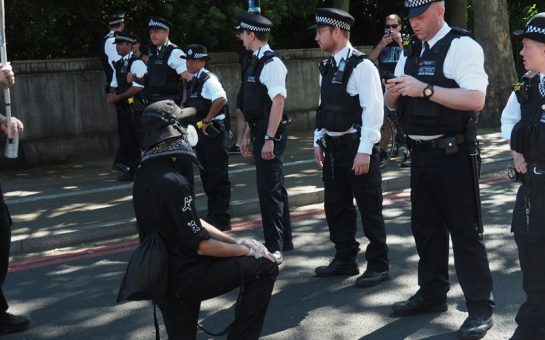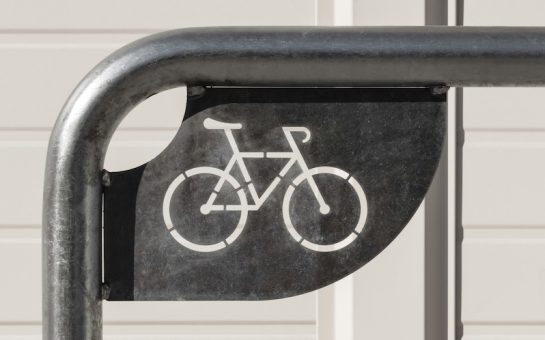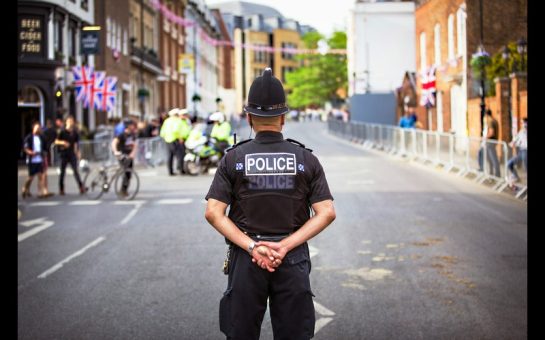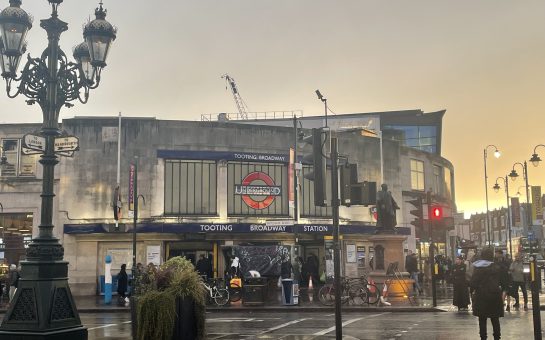By Matt Verri
June 11 2020, 17.00
Follow @SW_Londoner
The easing of the coronavirus lockdown has made the issuing of fines for breaching restrictions almost impossible, according to a former Met police officer.
Chris Hobbs, who served for 32 years, feels the lack of clarity from the government has proved problematic for both the police force and the general public.
He believes police will face a further challenge from next Monday, with face masks to be mandatory on public transport, and while Grant Shapps has suggested failing to do so would lead to a fine, Hobbs believes a lack of police resources will make active intervention very difficult.
Figures from the National Police Chiefs’ Council show that on a national level the number of Fixed Penalty Notices given out under COVID-19 regulations has dropped significantly in the most recent fortnight recorded.
Between April 14-27, 5,564 FPNs were issues – this figure was down to just 1,019 from May 12-25.
However, Hobbs believes this is just as much to do with the difficulty in policing the easing of restrictions as it is any increased compliance from the public.
“Part of it is that the regulations have eased, so those who would have been breaking the law previously are now not doing so,” he said.
“Alongside that, I think many police officers, unless they’ve been called to a blatant breach, have flown the white flag of surrender when it comes to fines.
“It’s got so complicated and there’s so many exemptions, it’s almost impossible to police.
“It was difficult enough beforehand, but now we’ve had Dominic Cummings drive a coach and horse through things, and images of packed beaches, so the imposing of restrictions looks to be pretty much over.
“I think the government and the police are now just keeping their fingers crossed that the public will do the sensible thing.”
The latest figures from the Met Police show that 747 people have been arrested for breaches of the Covid-19 legislation, however just 36 of those occurred where no other criminality was involved.
Drug offences and theft were both common factors, with arrests peaking in mid-April.
“Police on the whole don’t want to be arresting people simply for breaking lockdown,” Hobbs said.
“Being asked to comply with lockdown regulations would surely be easier if the officer was a familiar face – we need to restore community policing and plough resources into areas of socio-economic deprivation.”
One area where figures are unable to show the full extent of the problem is domestic violence, where the nature of lockdown has left potential victims even more isolated.
Police figures show a significant variance across regions, with the NPCC reporting a 4% increase in domestic abuse related incidents at the start of May compared to the equivalent period in 2019.
However, Refuge, a national domestic abuse helpline charity, has recorded an increase of 66% in calls to the helpline and a 950% rise in visits to its website, compared to figures pre-lockdown.
“There has been an increase in calls to police regarding domestic violence, which most anticipated,” Hobbs said.
“There are various units throughout the country with addresses where there may be problems – that’s particularly important with people under the same roof at the moment.
“They’ve tried to keep a watching brief on those addresses, through phone calls or occasional visits as best they can.
“But it’s extremely difficult to do, and in some cases not welcome by certain parties.
“It’s a similar issue with safeguarding vulnerable children too – units are doing they best they can but the resources just aren’t there.
“Safeguarding units are totally and utterly overwhelmed anyway, and this situation at the moment has not made things any easier.”




